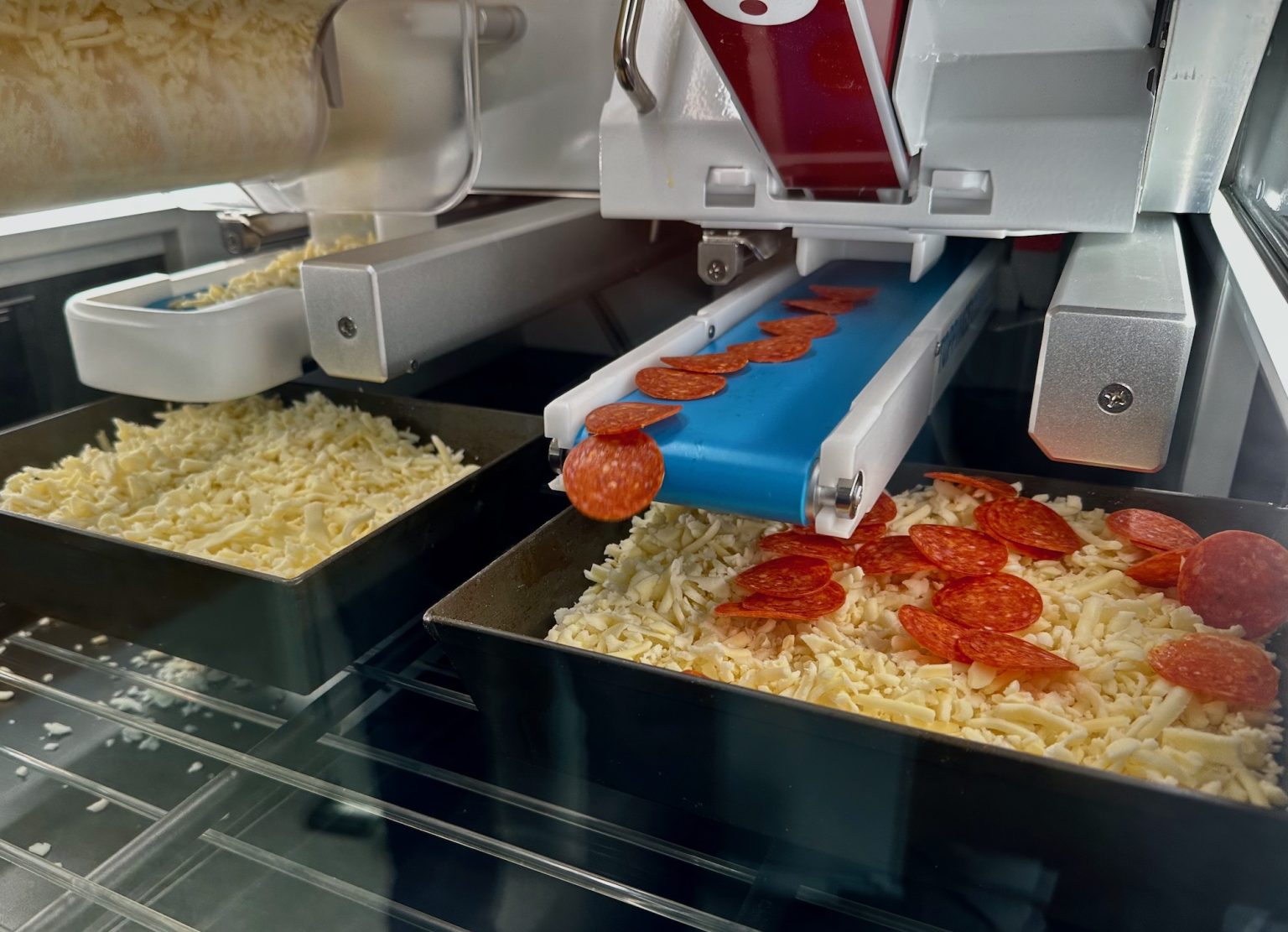New research suggests that the use of robots in hospitality jobs such as food service and hotel work could create a negative feedback loop that worsens worker shortages. A survey of employees in the lodging and food service industries found that the fear of robots replacing human workers increased job insecurity and stress, leading to intentions of resigning. This concern was most prominent among workers with experience working with robotic technologies, affecting both low-level employees and managers.
The high turnover rate in the hospitality industry is a serious issue that companies need to address. By the end of March, there were over 1 million job openings in the U.S. restaurant and accommodation sector, according to the U.S. Bureau of Labor Statistics. Despite anxieties about robots taking over jobs, former CEO Clayton Wood of Picnic Pizza Station in Seattle believes that robots are filling jobs that would otherwise remain vacant. He suggests that if employees are concerned about automation at one restaurant, they could easily find employment elsewhere.
The turnover rate in hospitality roles has decreased in the past six months, showing a slight improvement in job retention. However, concerns about robots and automation exacerbating worker shortages persist. The research by Washington State University emphasizes the importance of effective communication when introducing new technologies to reduce employee anxiety and ensure successful integration of robots in the workplace.
The use of robots in hospitality is still limited, with companies like Picnic, Artly, and Cibotica leading the way in automating tasks such as making pizzas, coffee drinks, and salads. While automation can be beneficial for tedious and less desirable jobs in the industry, there is a risk that it may worsen labor shortages. Researchers emphasize the need for collaboration between employees and technology to ensure a smooth transition and address worker concerns.
Addressing fears about robots in the workplace, Wood shared an example of implementing Picnic’s pizza maker at a sports stadium and facing initial resistance from security workers who viewed the robots as job-stealing machines. However, once they realized it was just another piece of equipment, their perception changed. Despite the initial apprehension, the reality of robots and artificial intelligence is less threatening when properly understood and integrated into the workforce.
In conclusion, while the use of robots in hospitality is increasing, concerns about job security and worker shortages remain. Effective communication, collaboration between employees and technology, and a focus on how people and technology can work together are essential for successful integration of automation in the workplace. Companies in the industry need to address these concerns and ensure that robots are used to complement, rather than replace, human workers in order to create a more efficient and sustainable workforce.


